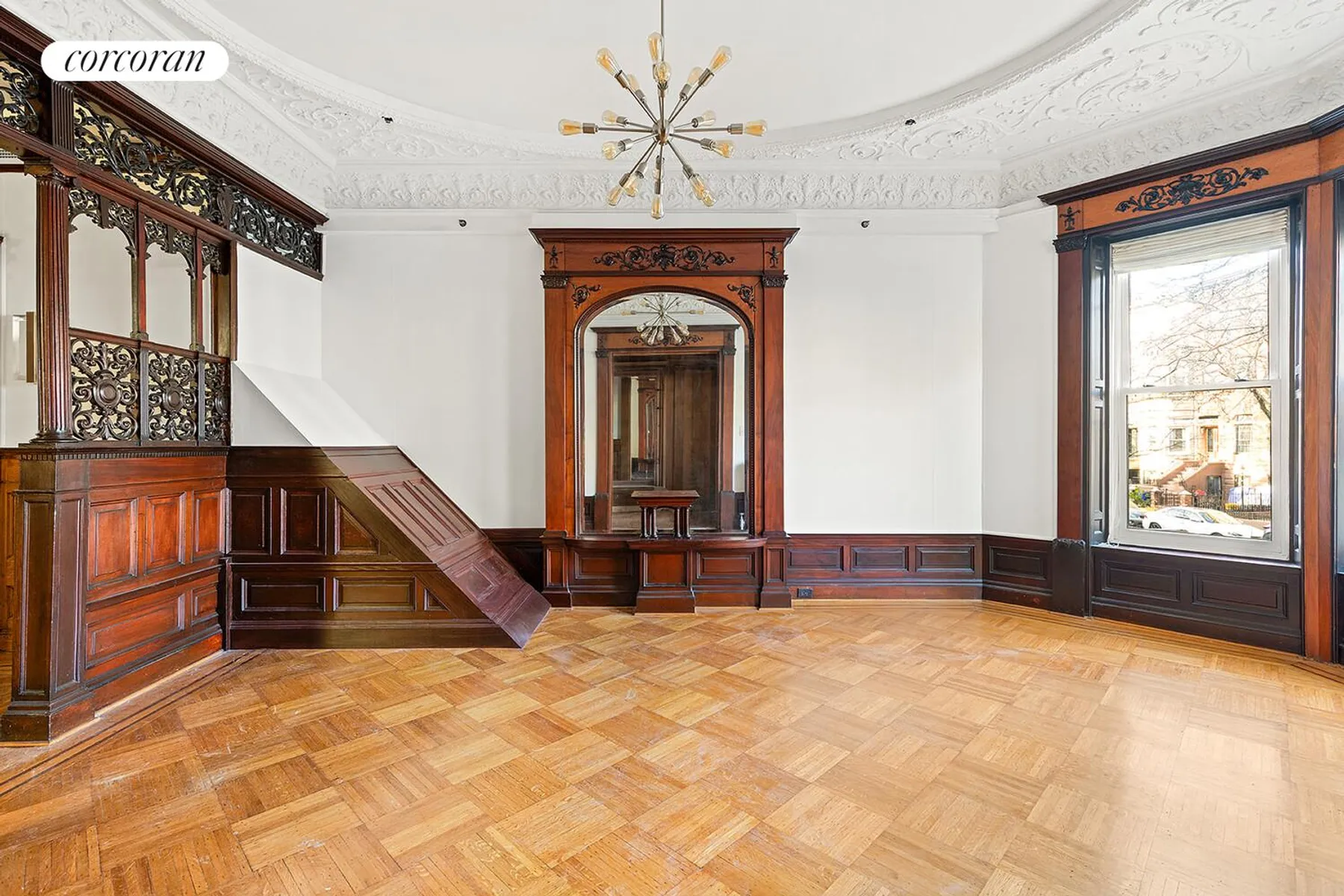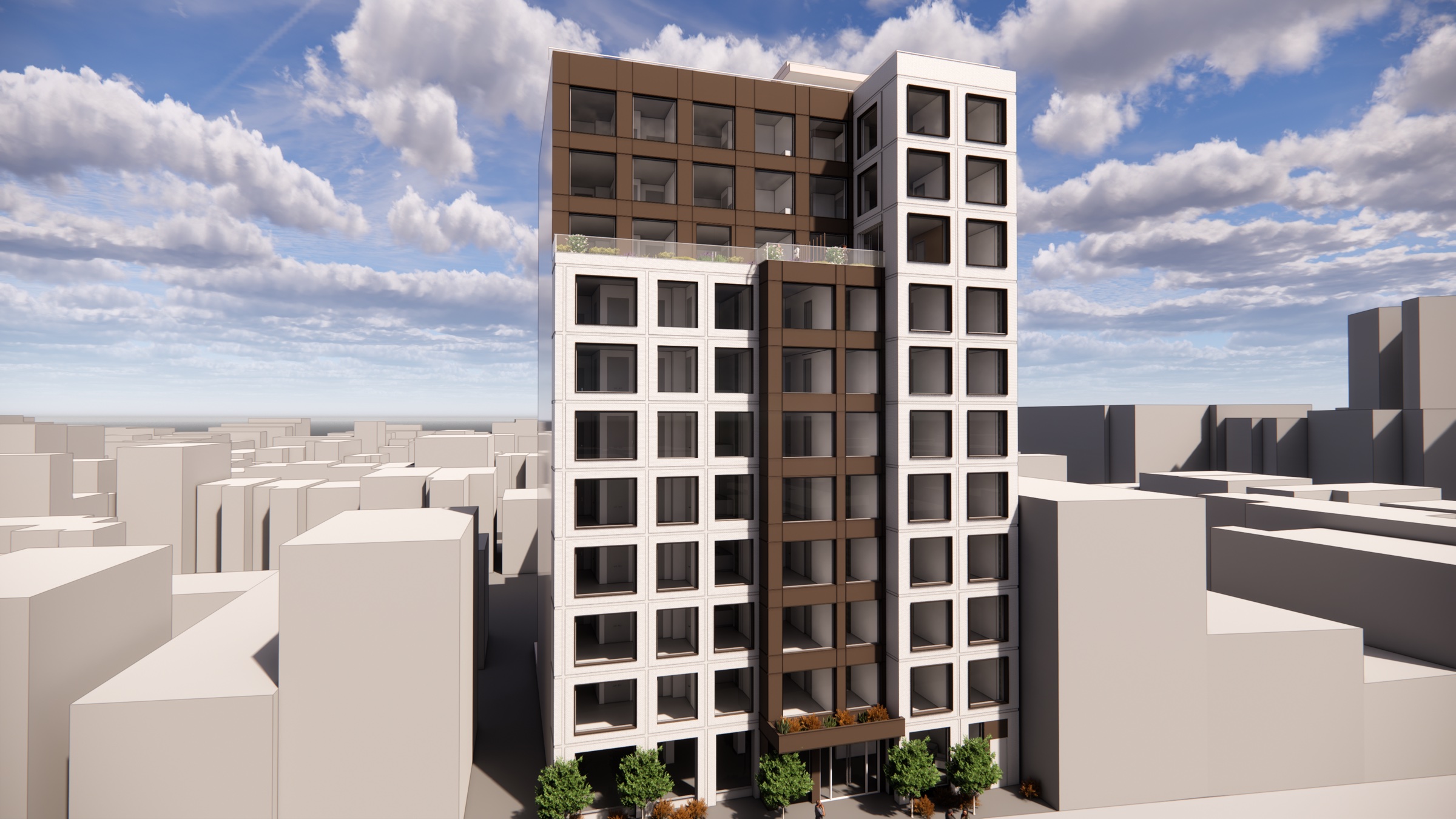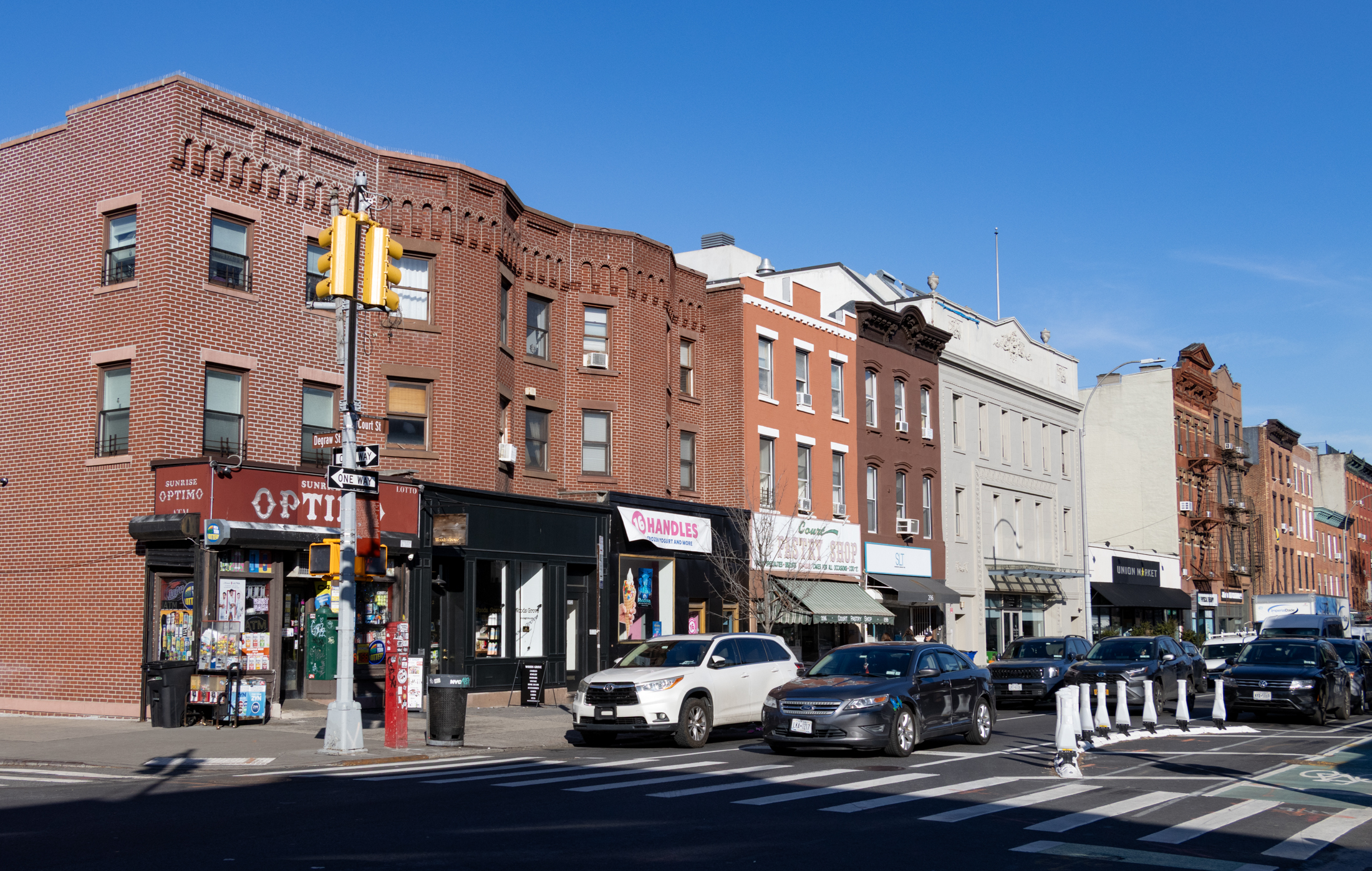Wall Street Experts Can't Agree on Housing Bubble
Goldman Sachs’ chief U.S. economist Jan Hatzius thinks the worst is behind the housing market. “The point of maximum deterioration in housing activity has probably passed,” he wrote in and October 20 research report. “The sharp downturn of the past year seems to have brought total housing starts—single-family starts, multi-family starts, and mobile-home shipments—close to…
Goldman Sachs’ chief U.S. economist Jan Hatzius thinks the worst is behind the housing market. “The point of maximum deterioration in housing activity has probably passed,” he wrote in and October 20 research report. “The sharp downturn of the past year seems to have brought total housing starts—single-family starts, multi-family starts, and mobile-home shipments—close to the level justified by the underlying demographics.” David Rosenberg, North American economist at Merrill Lynch disagrees: “Our research suggests that this housing cycle does not bottom out until starts reach the 1.3 million mark. So contrary to popular opinion, we are barely in the fifth inning of this down-cycle on the construction front.”
Who’s right? If you listen to the markets, it’s Rosenberg. Futures traders playing the Chicago Merc’s housing futures are collectively forecasting another 7% decline over the next 12 months.
Is Housing Out of the Woods? [Business Week]





“As someone who is looking for a home right now, I can say that anecdotally, the worst appears to be over in our area. Sellers and realtors have regained that swagger in their step they had just six months ago and the market seems much less tilted in favor of buyers….”
West, if you’re looking for a home, don’t you mean “the BEST appears to be over”?
http://tinyurl.com/yhatfo
Here is the article – only 2% are urban.
Realty Times had an article the other day about a study they did on what baby boomers do in terms of housing and they are decidedly NOT heading into cities (and are not buying as many second homes as you think) – I was surprised because many people, including posters here (who are still doing it) have long believed that all the condos in NYC and its surrounds would be swept up by boomers, and this article countered it. It’s just not happening.
I’d be interested to see if there really is an influx on baby boomers moving into the city. Does anyone have data on this? I thought there was study recently that proved this is not true. Feels to me like most of the growth in the city is in poor to lower middle class immigrants.
Exactly, Donatella. Couldn’t have said it better.
The speculative frenzy is over, but I think that brownstoners are in very good shape over all. Demographics are good for Brooklyn as they are for urban life in general in NYC — it is not only GenX’rs wanting urban life, but baby boomers and the steady inflow of Americans and foreigners coming to live in NYC. As West points out, the market is sorting out what is quality and the junk is harder to sell, including all the uninteresting condos, but I think that the demographics of NYC in general and Brooklyn in particular support brownstoners and those in the fortunate position of owning a property with rentals are in a very good position to ride out a period of softness, assuming that the NYC economy continues to be as robust as it is. As for buyers, they can be more leisurely and good for them that they don’t have to walk into a bidding war everywhere, but I think that it is still a job to find quality places at a good price.
We’re telling you what is actually happening and you counter with “of course they can go down”.
Over and over again, posters insist that whatever might be going on in housing prices SOMEWHERE ELSE — in new construction, in the suburbs, in San Diego — this has NOTHING to do with housing prices in Brooklyn! No, no, housing prices in Brooklyn won’t ever drop because…because…well, just because.
when I had kids I considered moving to the suburbs. I’d lived in Broolyn without kids for 10+ years. I ended up staying in the City and am happy with the decision. It is more expensive to have kids in the City (particularly if you choose private schools). In the suburbs you generally have to pay big property taxes though, and that is a tuition payment of sorts. In the City your tuition bill will ultimately go away when the kids grow up. The property taxes in the suburbs will stay with you forever.